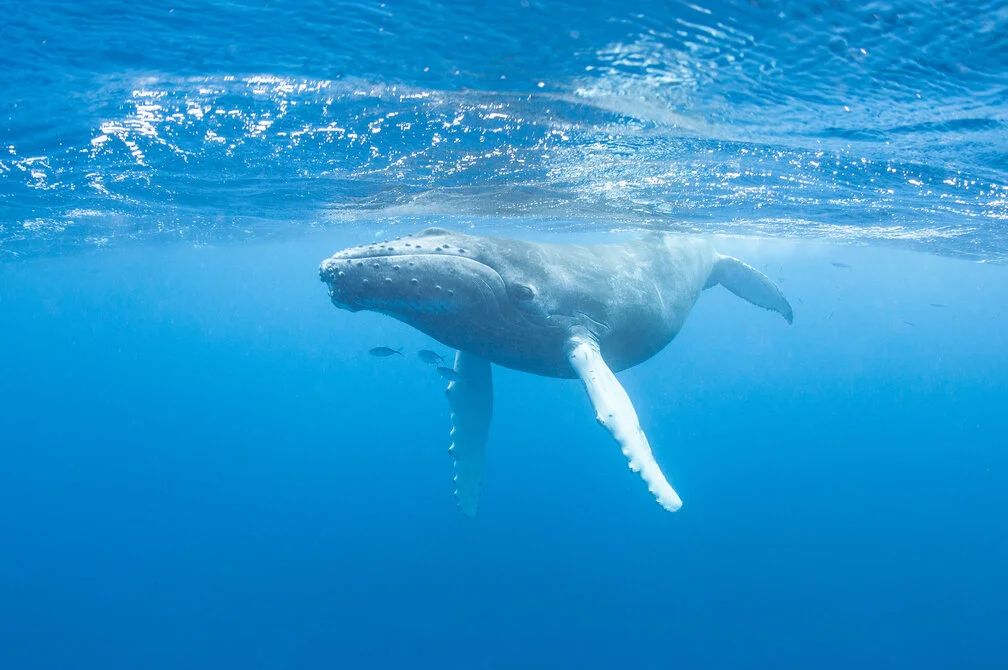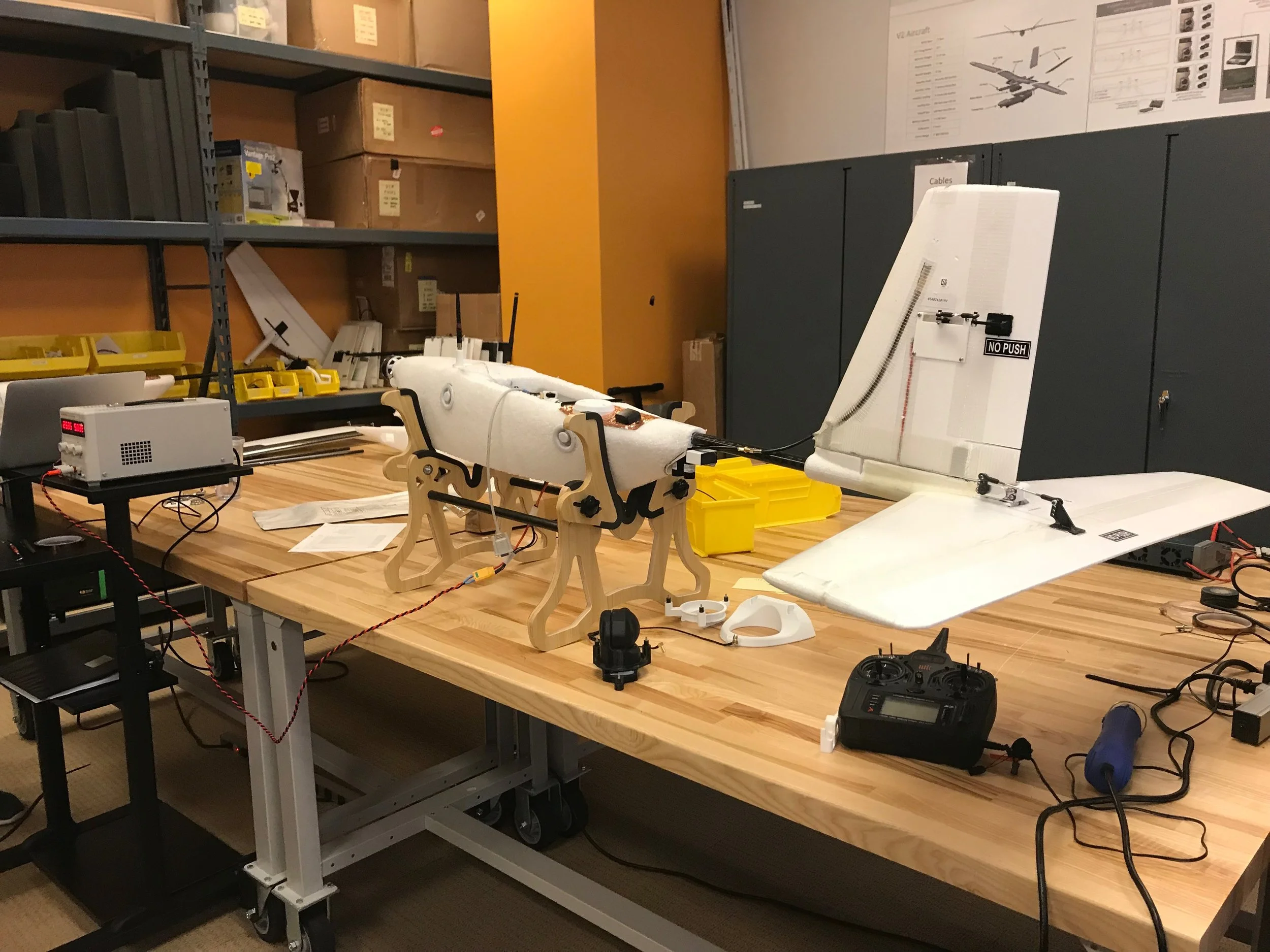How Will Sam Simon’s Eccentric Philanthropy Translate to a Foundation?
/When The Simpsons co-creator Sam Simon was diagnosed with advanced cancer in 2012, he was already active in philanthropy. Back in 2002, he had started his own charity specializing in a mix of animal welfare and poverty work.
But as Simon faced his own mortality, that giving famously sped up, going mostly to animal rights causes in some pretty remarkable ways. For example, he became known for buying and rescuing captive animals from shady roadside zoos and other operations—freeing everything from an elephant in India to 500 chinchillas.
Related:
- What Should We Learn From a Dying Philanthropist?
- Meet the Anti-Whaling Ship Named After a Simpsons Co-Creator
- Terminally Ill Simpsons Co-Creator is Saving Animals. By Buying Them
Sadly, Simon passed away in 2015 at 59, but lo and behold, a grantmaking foundation has popped up in his name. The Sam Simon Charitable Giving Foundation (not to be confused with his charity the Sam Simon Foundation), recently went live, starting off with a $1 million donation to PETA, one of his biggest causes in life.
The launch of the foundation came as something of a surprise—as fascinating as Simon’s giving spree was at the time, it was also kind of mysterious. There were reports that he was working to give away his entire fortune before he died, that he planned to leave a generous endowment to his charity, and that he was working with Rockefeller Philanthropy Advisors to extend support after his death. It wasn’t all that clear how much money he had ($100 million? Several hundred million?), or how much money he had given away (even he said he didn’t know).
That mystery was complicated by legal turmoil surrounding his will following his passing. Simon had no heirs, but according to the Hollywood Reporter, a strange estate battle emerged, including over the costly care of his 125-pound dog Columbo. That same report included claims that the estate wasn’t carrying out commitments Simon had made, including to some of his main causes like PETA and Sea Shepherd, in the months after his death.
But now giving looks to be back on, and we know that at least PETA is receiving support again for educational exhibits, animal rescue, cruelty investigations and fundraising. The new foundation already has more of a public-facing strategy than Simon did in his personal giving. Its website lists a goal to “further Sam’s legacy by making grants that seek to improve the lives of people and animals.”
It lists two focus areas: Compassionate Treatment of Animals and Pathways Out of Poverty. The former will prioritize animals in captivity, and the latter on underserved communities in Los Angeles. So far the only public staff is Julie Miller, Simon’s business manager, who handled his trust after his death.
So what can we expect from a foundation carrying out the legacy of a guy who once funded the clandestine purchase of a $2 million vessel now used to ram whaling ships? Who used to show up in person to free bears from roadside attractions?
The easy answer is that Simon’s main causes—Save the Children, Sea Shepherd, PETA, Mercy for Animals and his own charity—will likely receive ongoing support in some form or another.
But Simon had worked with Rockefeller advisors; there’s now an incorporated private foundation ($13 million in assets filed in 2015, but that’s well before it started operating), and its website says it’s still in a planning process and focus areas will evolve.
That all suggests it may just be a full-on institutional grantmaker, and there aren’t a ton of those in the animal rights space. Maybe Simon's legacy will make as big a splash in animal philanthropy as he did in life.
Related: Moby’s Philanthropic Restaurant is Latest in a Lifetime of Animal Welfare Work







































